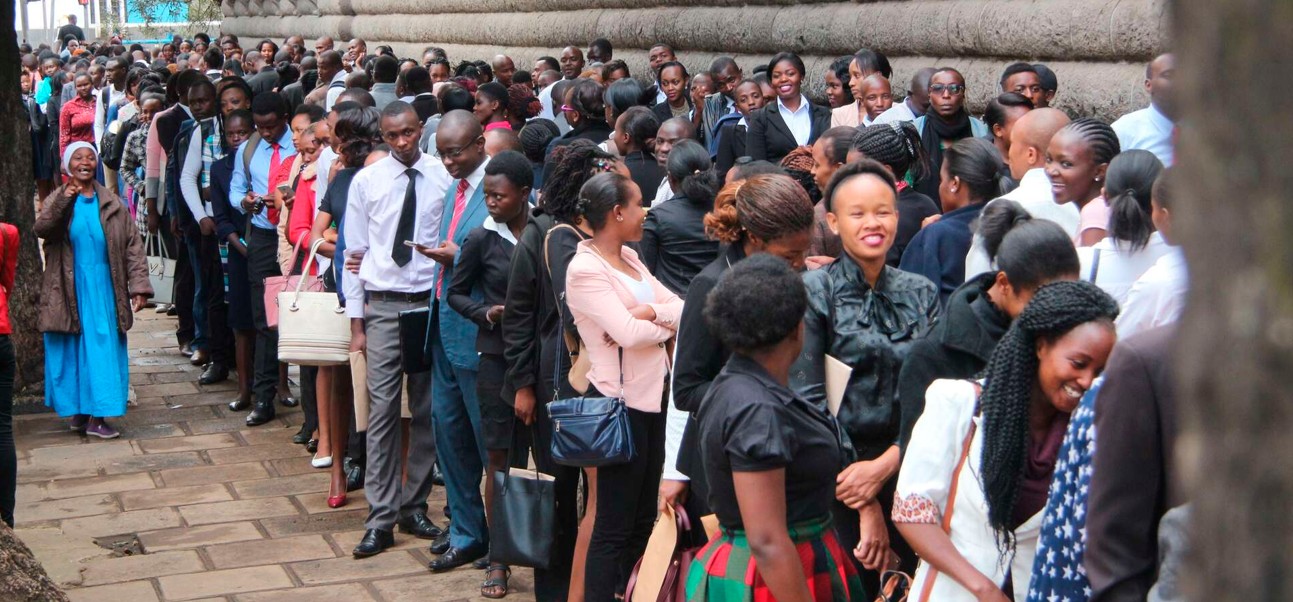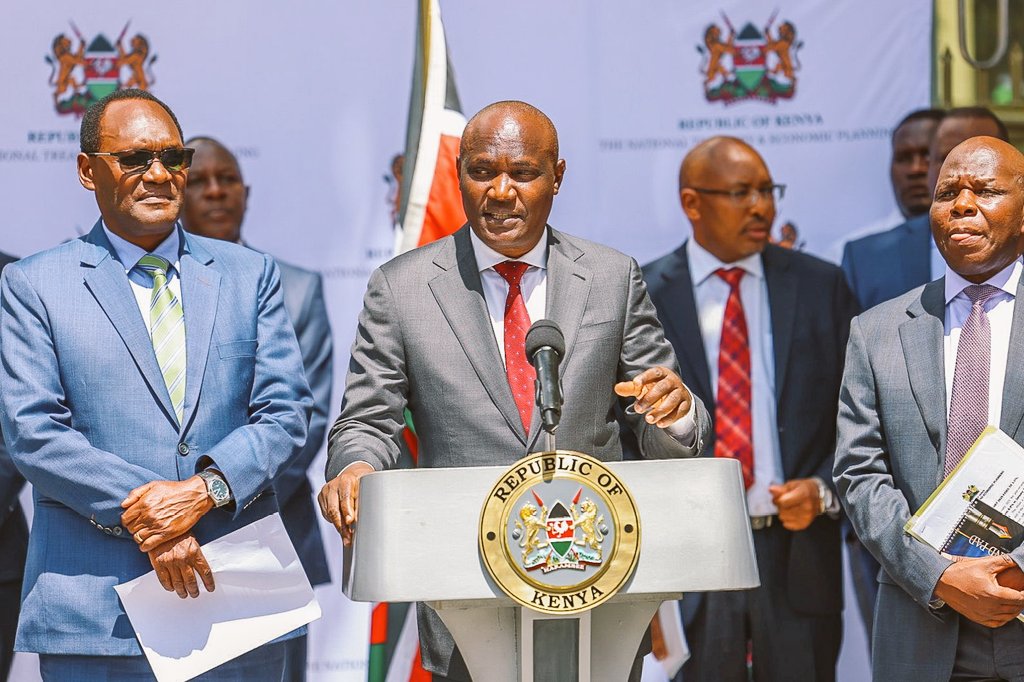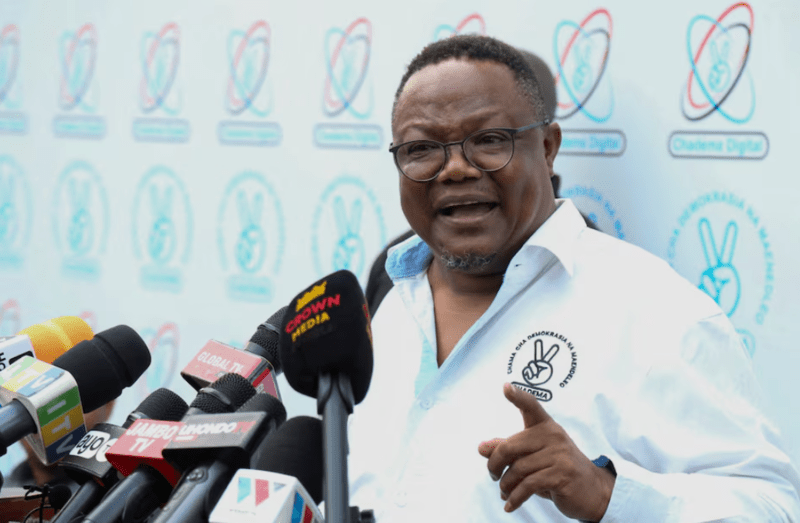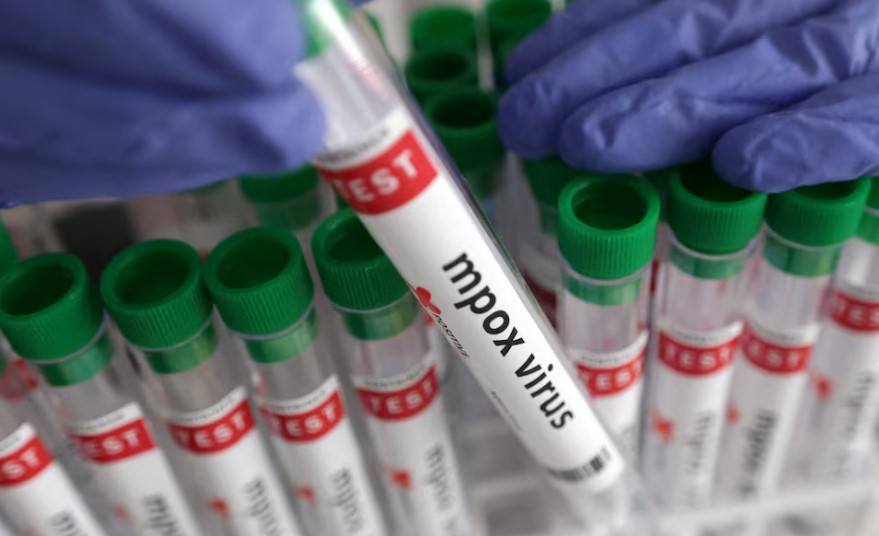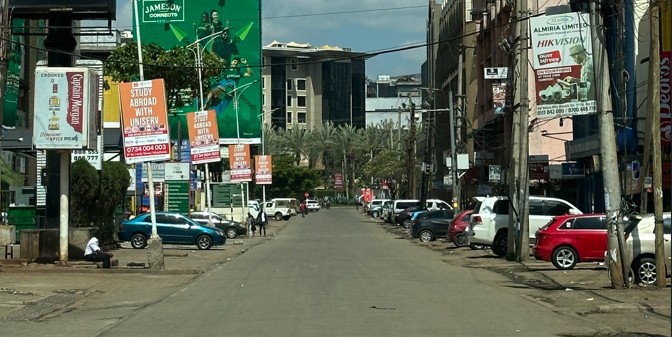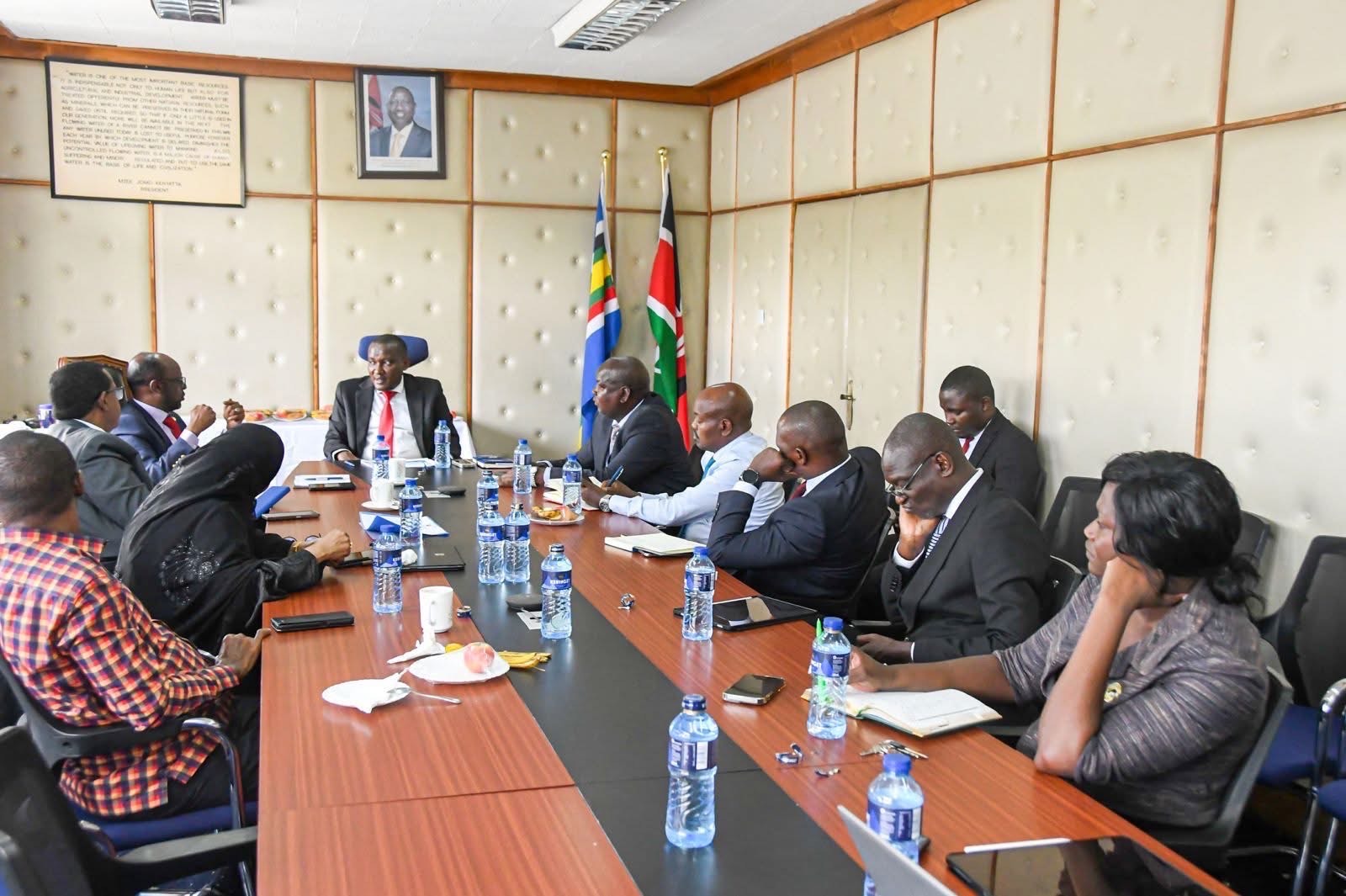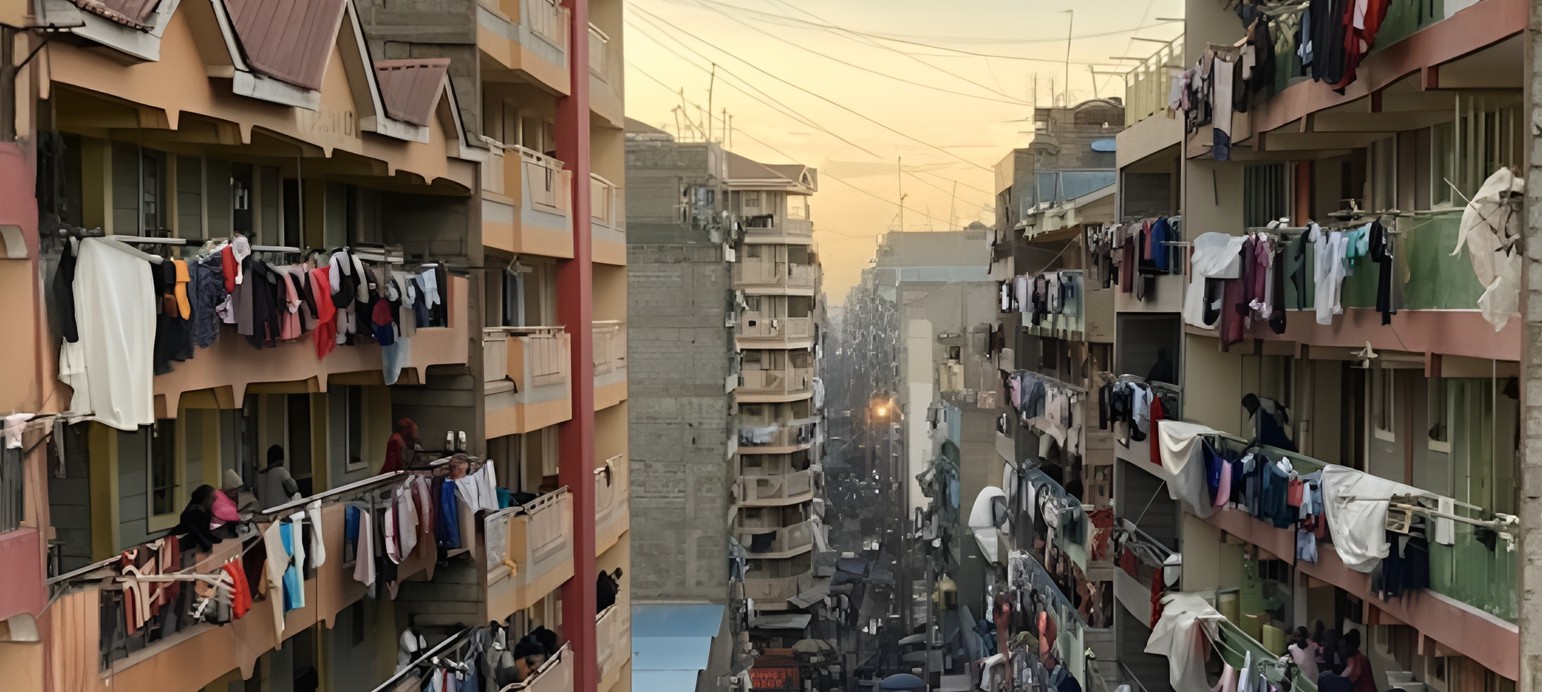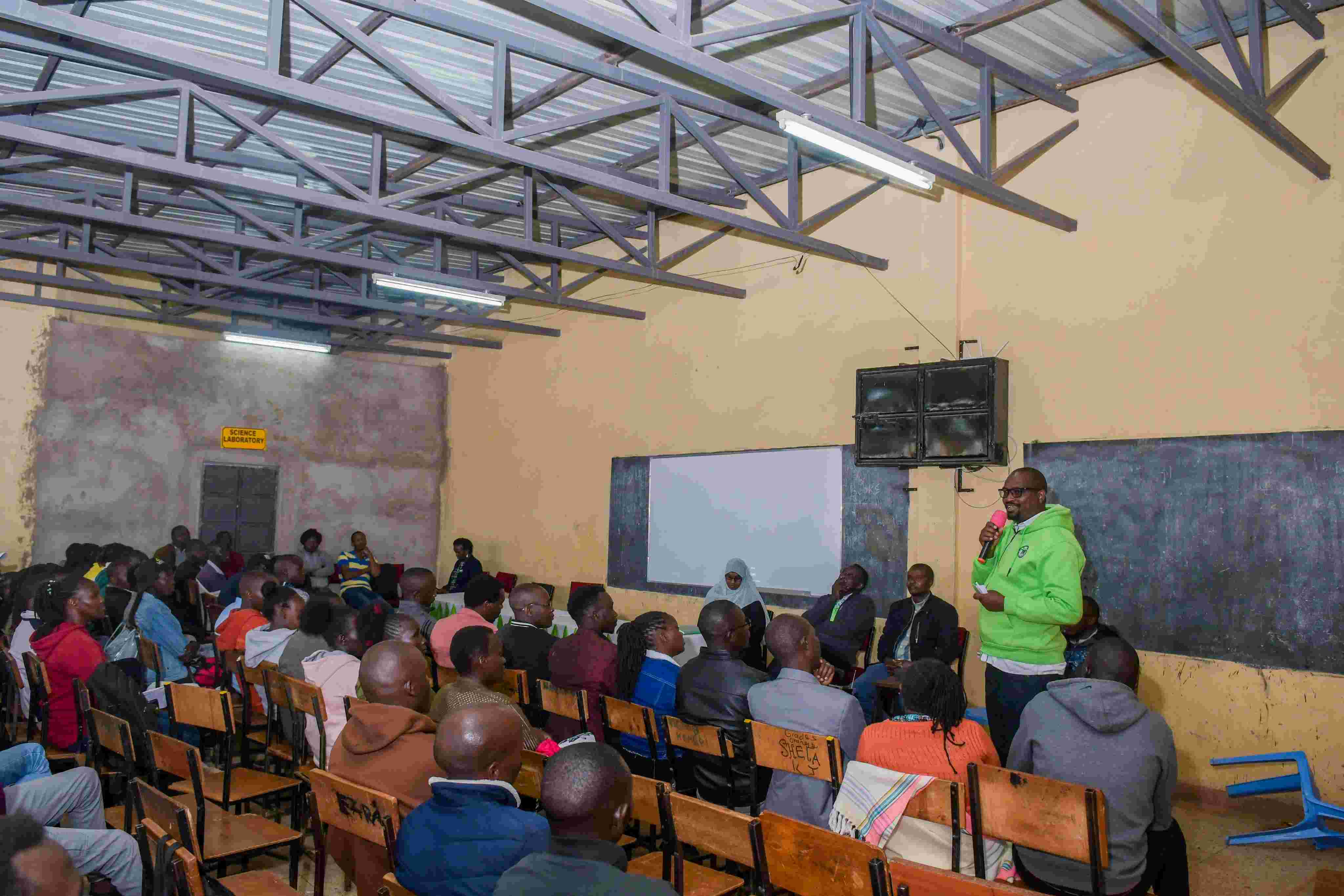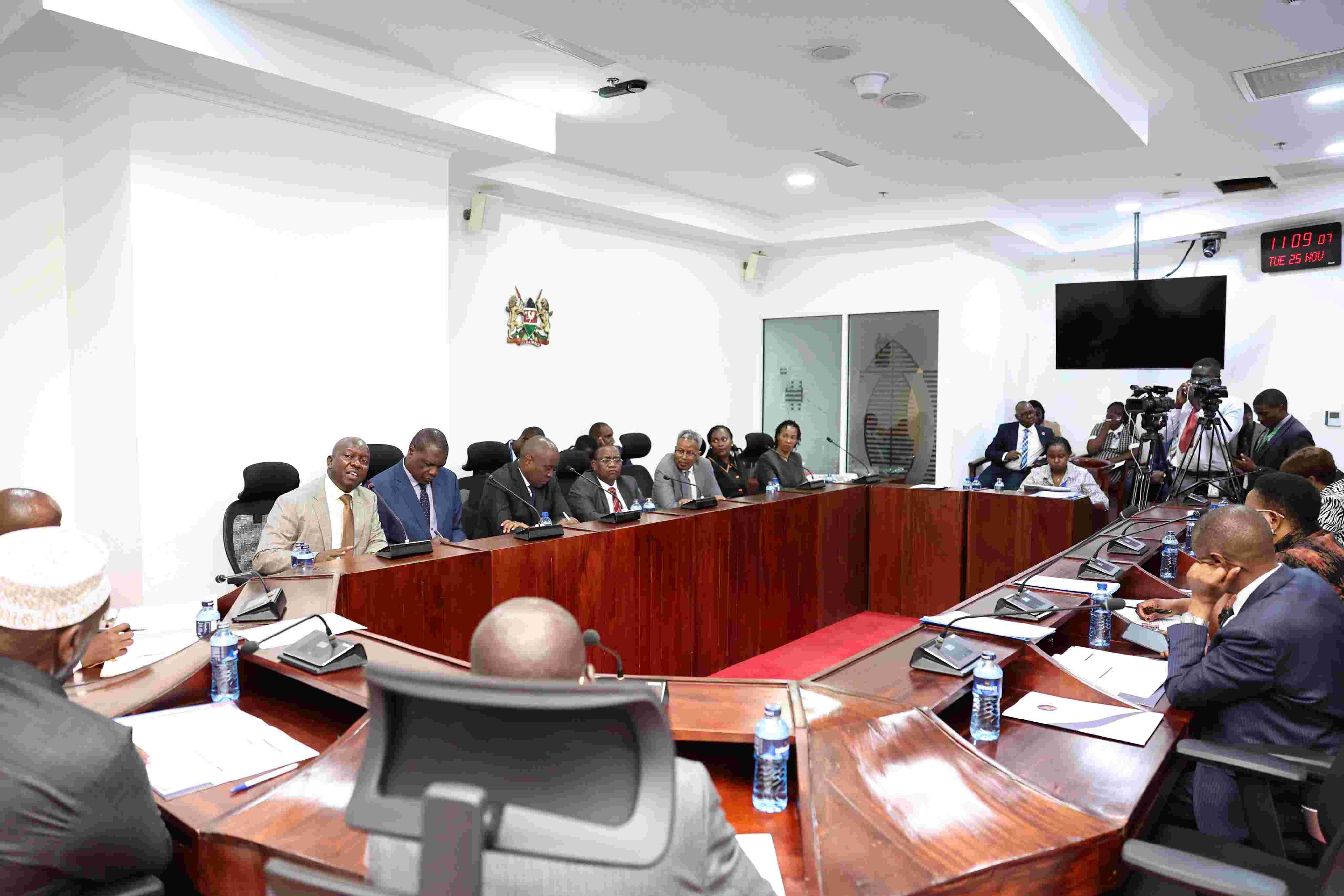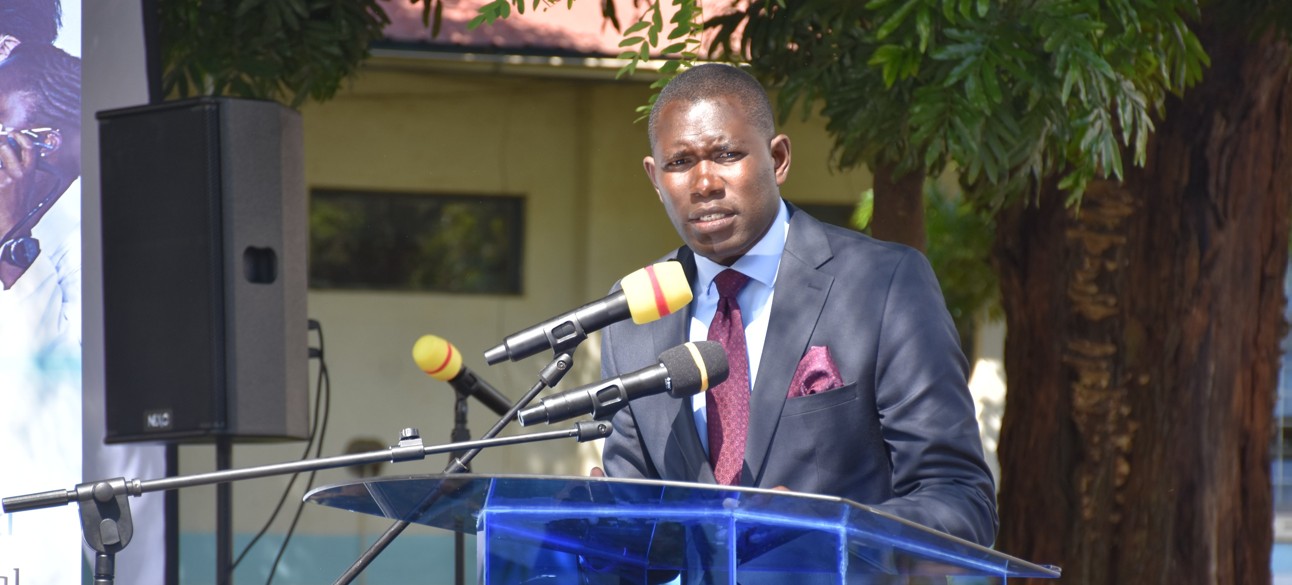Mombasa patients' agony persists as doctors' strike enters its fifth week
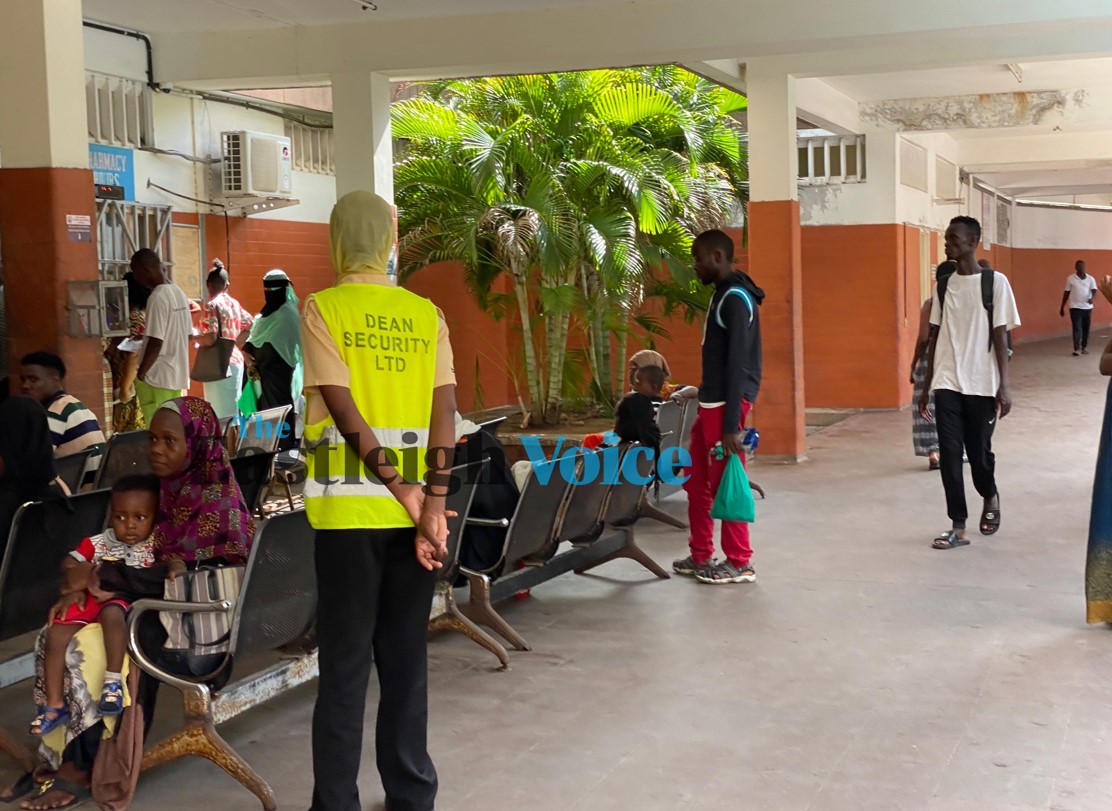
According to those impacted, families are compelled to care for their loved ones at home following a 38-day strike because they cannot afford to pay for care in private clinics.
Patients in Mombasa are suffering as a result of the extended doctors' strike, which is causing a shortage of necessary medical services in public hospitals.
Affected persons stated that after 36 days of the strike, families are forced to care for their loved ones at home since they cannot afford treatment in private clinics.
More To Read
- Lamu nurses end 79-day strike after agreement with county government
- KMPDU, Kiambu County reach agreement ending five-month doctors’ strike
- Marsabit medics accuse county of betrayal as salary crisis deepens
- Kenya Medical Association calls for action as Kiambu doctors’ strike hits 150-day mark
- KMPDU blames Kiambu County for ongoing doctors’ strike, deaths
- KMPDU blasts CoG, calls for dissolution of Kiambu County government over 131 neonatal deaths
Due to his illness, Said Abdallah requires three to four pints of blood each month. When they arrived at Coast General Teaching and Referral Hospital (CGTRH) for their normal visit on April 1, they were turned away owing to the ongoing doctors’ strike.
“My husband has a problem with his veins that leads to internal bleeding and blood clotting, which he's dealt with for years,” said Swabaha Ahmed, Said's wife.
When he arrived home that day, he fainted and lost recollection, causing his family to rush him back to the hospital. He was immediately sent to the Intensive Care Unit (ICU), where he stayed for 10 days until his condition stabilised and he was discharged.
“When we arrived, the medical professionals immediately assessed him as an urgent case. His condition had deteriorated following his fainting, an unprecedented event for him. Suddenly, his health declined, leading to memory loss, and he still struggles to recognise people,” she stated.
She refuses to accept the situation, finding it difficult to acknowledge.
"If it weren't for the strike, perhaps things would have turned out differently. He could have gone to his usual place for treatment, received his standard care, blood transfusions, a week-long hospital stay, and then returned home," she said.
Swabaha stated that patients are now required to pay out-of-pocket for their care because the National Health Insurance Fund (NHIF), which formerly covered a sizable amount of her husband's therapy, now only pays a small portion of it.
She expressed concern over the reduced coverage and the financial burden it places on patients in need of daily care.
"I have to buy him expensive medication every two weeks. His health is still not good even after being released, but we have to take care of him at home because of the doctors' strike that is still going on," she said.
Swabaha urged doctors to show compassion towards patients in need and return to work. She noted the dire consequences, calling on the government to resolve the dispute swiftly to prevent further suffering and loss of lives.
Asha Kazungu, a mother whose son is battling pneumonia, expressed her financial struggle to afford treatment at a private hospital. "My child was diagnosed on Monday, and we've been relying on Coast General Teaching and Referral Hospital for care. But with doctors on strike, it's a real challenge for those of us with limited resources," she lamented.
She urged the government to show compassion and address their grievances with doctors, "Because when you visit these hospitals, people feel helpless and in agony. We depend on these doctors to
cure us."
Secretary-general of the Kenya Medical Practitioners and Dentists Union (KMPDU) coast region Dr Ghalib Salim said the doctor's strike is still on.
"As we speak, there are only minimal services because, in general, the wards have been combined. The only minimal services offered that is, emergency. Nothing more, nothing less. We have only three patients in ICU at the moment and we are not admitting any more patients."
Top Stories Today
